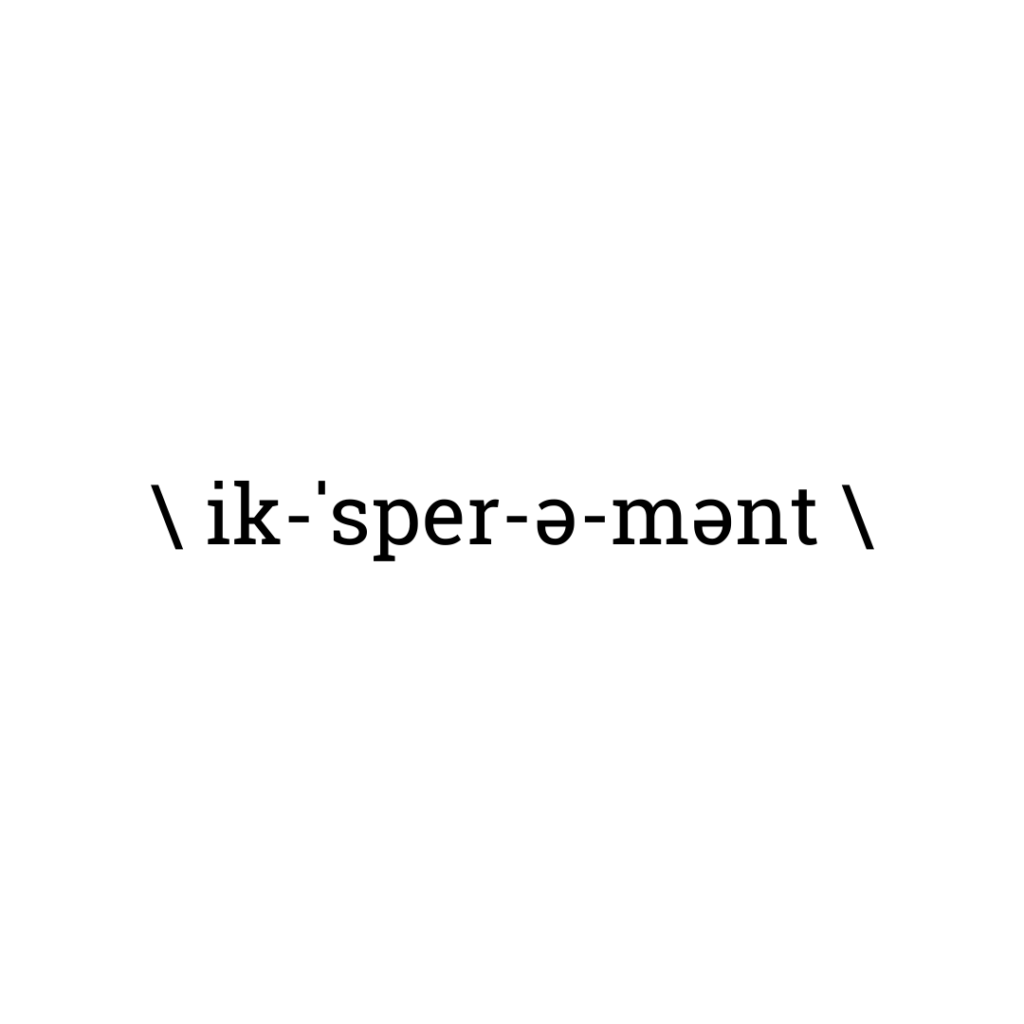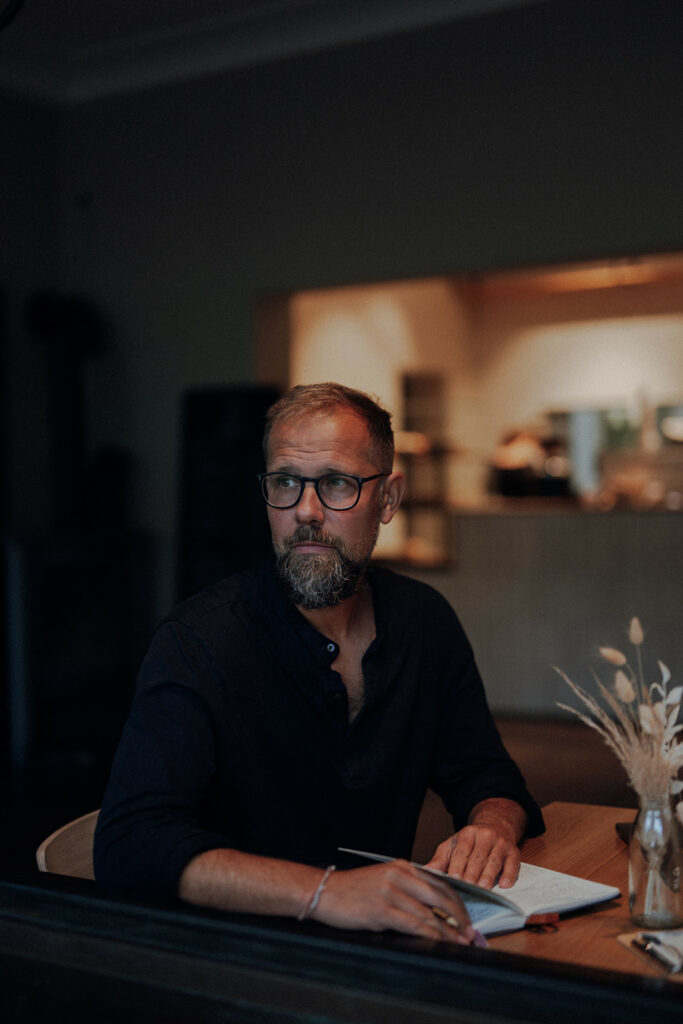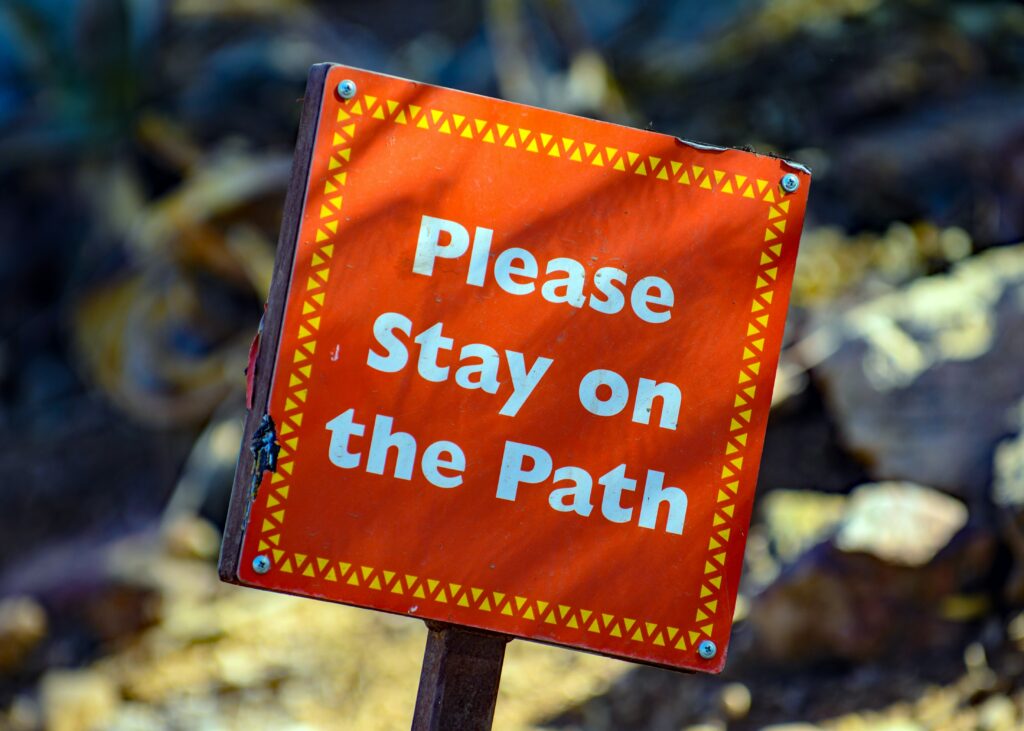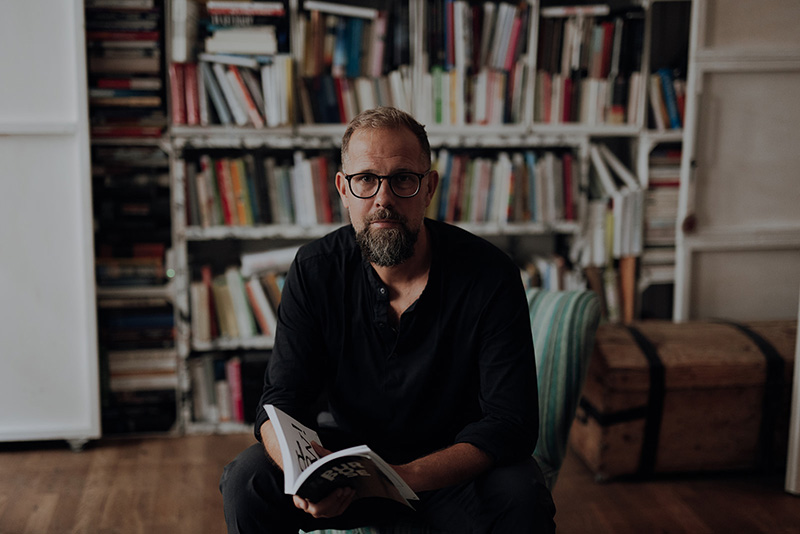EXPERIMENT
\ ik-ˈsper-ə-mənt \
A DEFINTION:
“We simply have to run more experiments” is lightly said, but heavily implemented. The lean-startup-innovation mumbo jumbo tries to sell it as the secret sauce to corporate innovation. However, integrating experimental thinking into the day-to-day business is something very different than running notorious cover-my-ass pilots.
It is about truly internalizing that an experiment can also be successful if something is not working. In Science, an experiment is a procedure carried out to validate a hypothesis. This translates to: You conduct the trial and error game in order to gain insights about the assumptions you had in the beginning. This means: There is no experiment without a hypothesis. That means good questions are key. And the better the questions are, the more you will learn, no matter if the outcome is positive or not. And “asking good questions” is not just a skill, it is an attitude towards business.
Experiments can be both a competitive advantage and the starting point of next curve innovations. Only if they are not conducted every once in a while but in a frequent manner. Experimenting in a fixed design thinking session will not do. We have to make experimentation a habit: constantly trying new things and driving a portfolio of experiments to reduce risks. Becoming an experimenter therefore is not about learning a method but learning not to be perfect. Experimenting is unlearning, relearning and keep doing that over and over. Start the process of learning as fast as possible.
Open the FLEXICON and discover more key principles of transformation.






